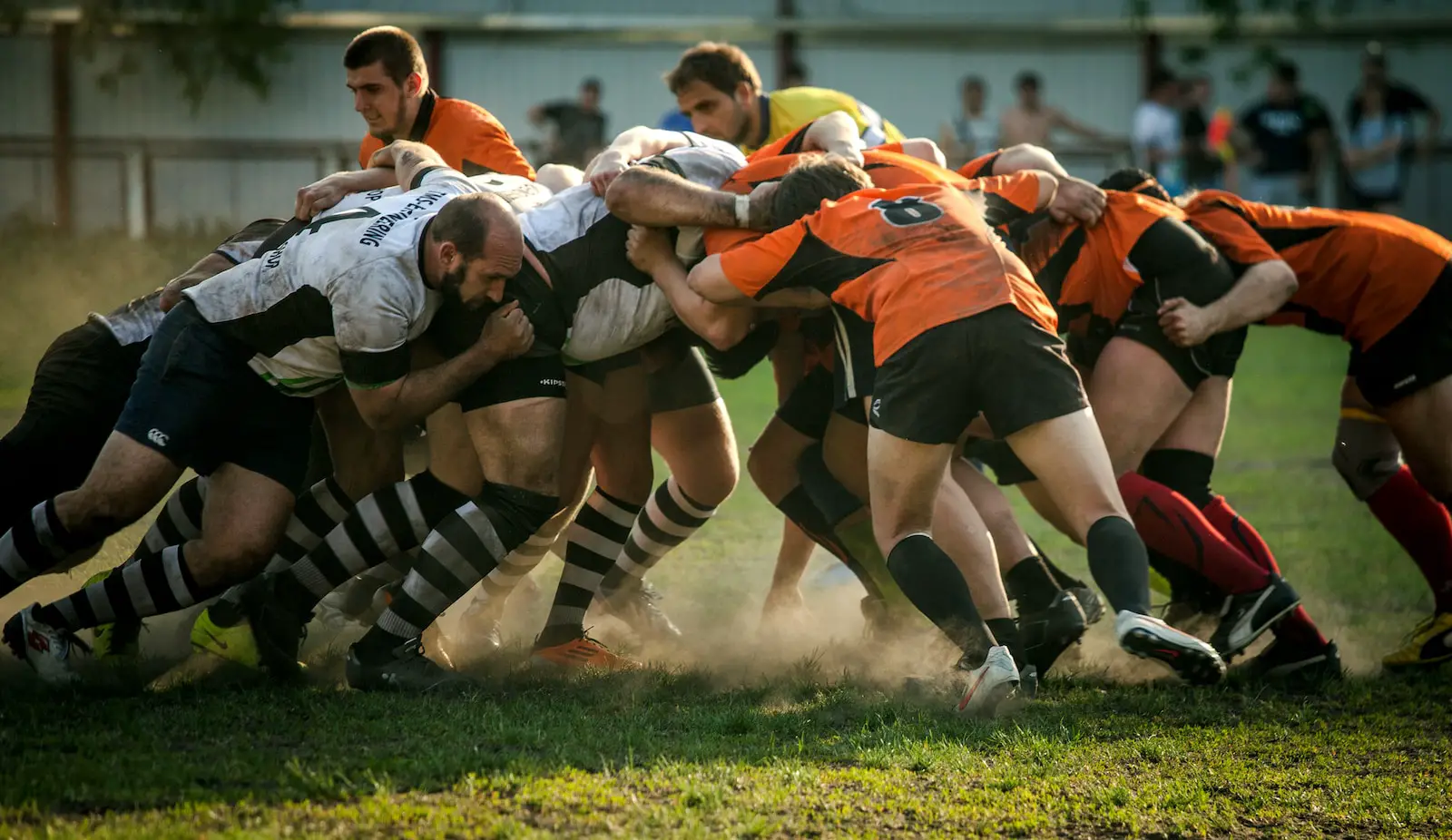What are Caps in Rugby?
Rugby is a popular sport around the world, and its popularity has only grown over time. As with many sports, an accepted set of terminology is associated with it – including the use of ‘caps’. But what exactly does this mean in rugby?
In rugby, a cap signifies that a player has been selected to play for their country’s national team. In other words, when someone has earned numerous caps for their country, it means they have played at an international level for their nation multiple times. It’s seen as a badge of honor and distinction among players within the sport.
Caps can be awarded to players from any number of countries across all levels and divisions – from senior internationals to U20’s matches. However, since these caps are usually given out based on squad selection rather than actual game time played – some players may never actually make it onto the field during an official match while still earning one or more caps throughout their career.
Players who earn 100 or more caps are often referred to as ‘centurions’ – with less than 500 people have achieved such status globally since 1990 (according to World Rugby). Earning such significant numbers speaks volumes about not just the individual’s talent but also their commitment to being part of their country’s national team over extended periods of time – something which should be applauded regardless if they had much game-time or not!
Conclusion
Caps represent an important symbol within the rugby community; standing testament both to those whose journey was short yet impactful; and those who were able to commit long-term service towards representing their nation at the international level by earning multiple caps throughout their careers. Regardless of how many were acquired, though, everyone deserves recognition!

